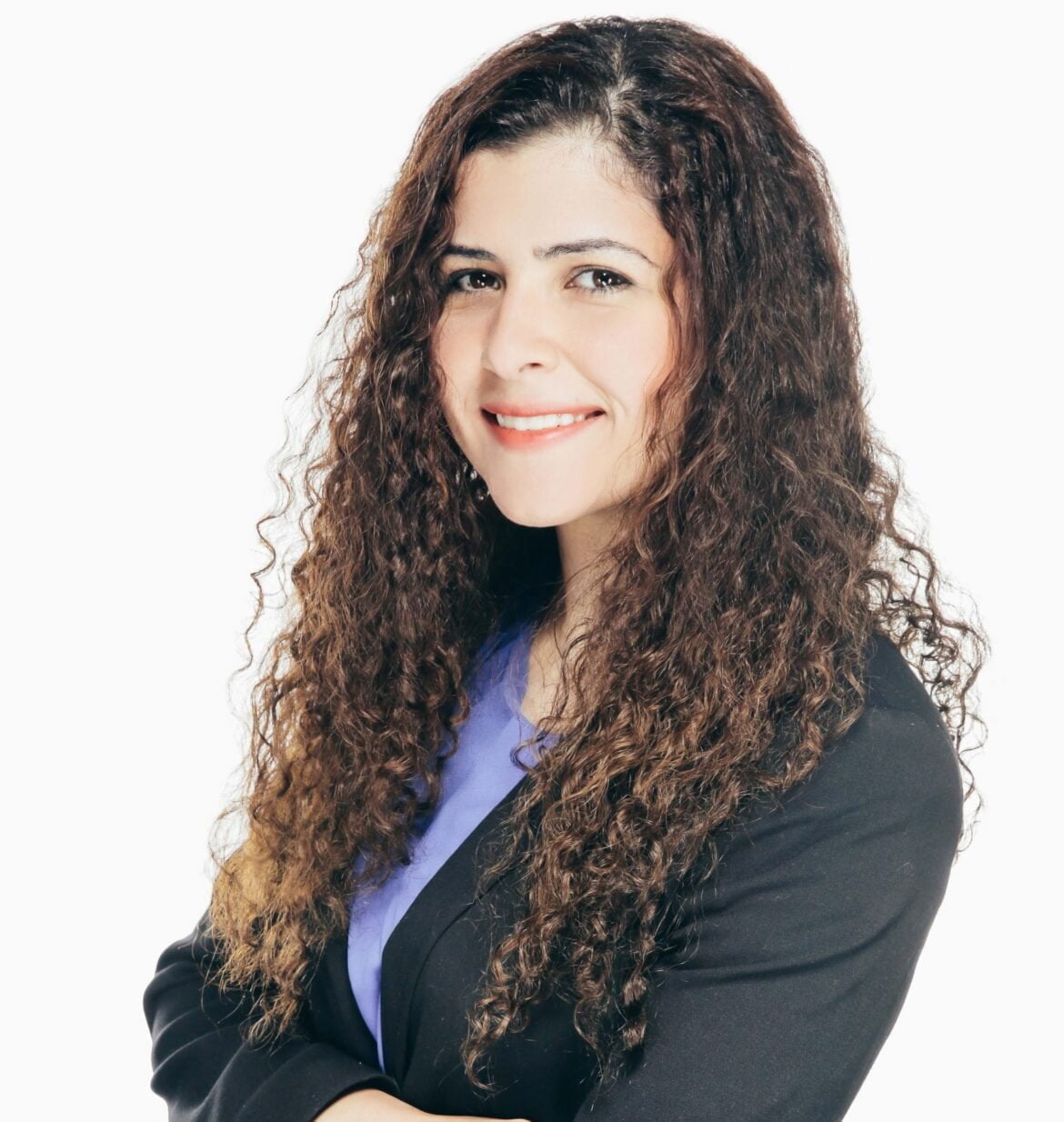Climatize, a UAE-based sustainability and engineering consultancy, was founded back in 2018 as a one-stop solution provider for environment and sustainability.
Over the years, the multi-award-winning consultancy, specialising in green building engineering and sustainability strategies, has worked with many big names across the region and was recently acquired by global public services provider Serco.
ESG Mena spoke to Engi Jaber, Managing Director of Climatize, to discuss what the acquisition means for the consultancy, how the green building landscape is evolving and what needs to happen to drive climate action further in the region.
Green building becomes a regional priority
The built environment accounts for more than one-third of annual global CO2 emissions, one-third of global waste, and 40 per cent of energy consumption.
If we are to limit global warming to 1.5 degrees, global emissions need to be slashed in half by 2030, energy efficiency needs to double, and circularity must be adopted at scale – and the built environment has a big role to play here.
Regionally, the move toward more sustainable building practices has been facilitated by the implementation of a range of green building standards and regulations.
Indeed, Jaber explained that there has been “tremendous growth” in the last five years alone when it comes to the awareness and implementation of sustainable practices.
Jaber said that there has been a “change in mindset” across the region, whereby parties are beginning to understand that there is a return on investment when it comes to sustainability—rather than it being just an upfront cost.
“Clients are actually competing—not for who is going to be the greatest, but for who is going to have the most positive impact,” said Jaber.
This push toward sustainability is somewhat to be expected, considering that two successive COPs have put the region in the spotlight. However, Jaber says that COP28 momentum hasn’t fizzled out.
In fact, Jaber said that numerous companies are seeking to turn commitment into action.
“We’re getting a lot of enthusiasm, even on the ESG front.”
ESG standardisation
That being said, while Jaber highlighted that there has been traction on the ESG side of things, she noted that reporting and metrics are often where clients “get lost.”
According to Jaber, clients often find it difficult to choose a particular standard, and many even develop their own internal metrics.
“This is where we are still behind. There needs to be a common standard across the globe that factors in the main priorities and allows for a proper accountable reporting strategy so that everybody can start comparing apples to apples.”
“Right now, it’s just based on different levels and on different wavelengths. We need to bring them closer to one another,” she explained.
Indeed, while some progress toward greater standardisation has been made regionally, as seen in the introduction of the GCC ESG Disclosure Metrics, further steps are required to align the different metrics and reporting standards.
Scaling impact
Having established itself as a regional leader in sustainability and engineering consulting, Jaber explained that the Serco acquisition will help further scale Climatize’s impact.
The acquisition, she said, will expand Climatize’s footprint both regionally and globally while also strengthening its offerings.
“Having two strong entities come together will only mean more assurances to our clients, whether Climatize or Serco clients, offering them more innovative solutions; a one-of-a-kind in the market, where we combine technical expertise along with the professional consultancy and advisory,” said Jaber.
“This will help us achieve our common goal, which is to have a positive impact all across the world. It will also help solidify our commitment towards delivering top-tier sustainability and environmental services, not just within the built environment, but it would also expand [us] into different sectors, diversifying our portfolio,” she added.
Ramping up action on sustainability
While Jaber noted that momentum hasn’t faded since COP, she highlighted that it’s critical that action now accelerates, words turn into progress, and impact is measured.
“Commitments are there, and that’s great, but we shouldn’t wait for a whole year just for us to showcase that. I would say [we need] quarterly reporting for everybody to show progress towards the commitments that they have undertaken during the conference,” said Jaber.
“We’re already at a critical stage, especially when it comes to climate change and actions. I believe that people need to act fast; we shouldn’t just leave it out there for words to echo themselves.”
Indeed, the devastating impacts of climate change are already being felt, with temperatures soaring, biodiversity declining, and climate disasters increasing.
With little time left to prevent the worst effects of climate change, the science shows that business as usual is not an option, and progress must accelerate.
By Madaline Dunn, Lead Journalist, ESG Mena




